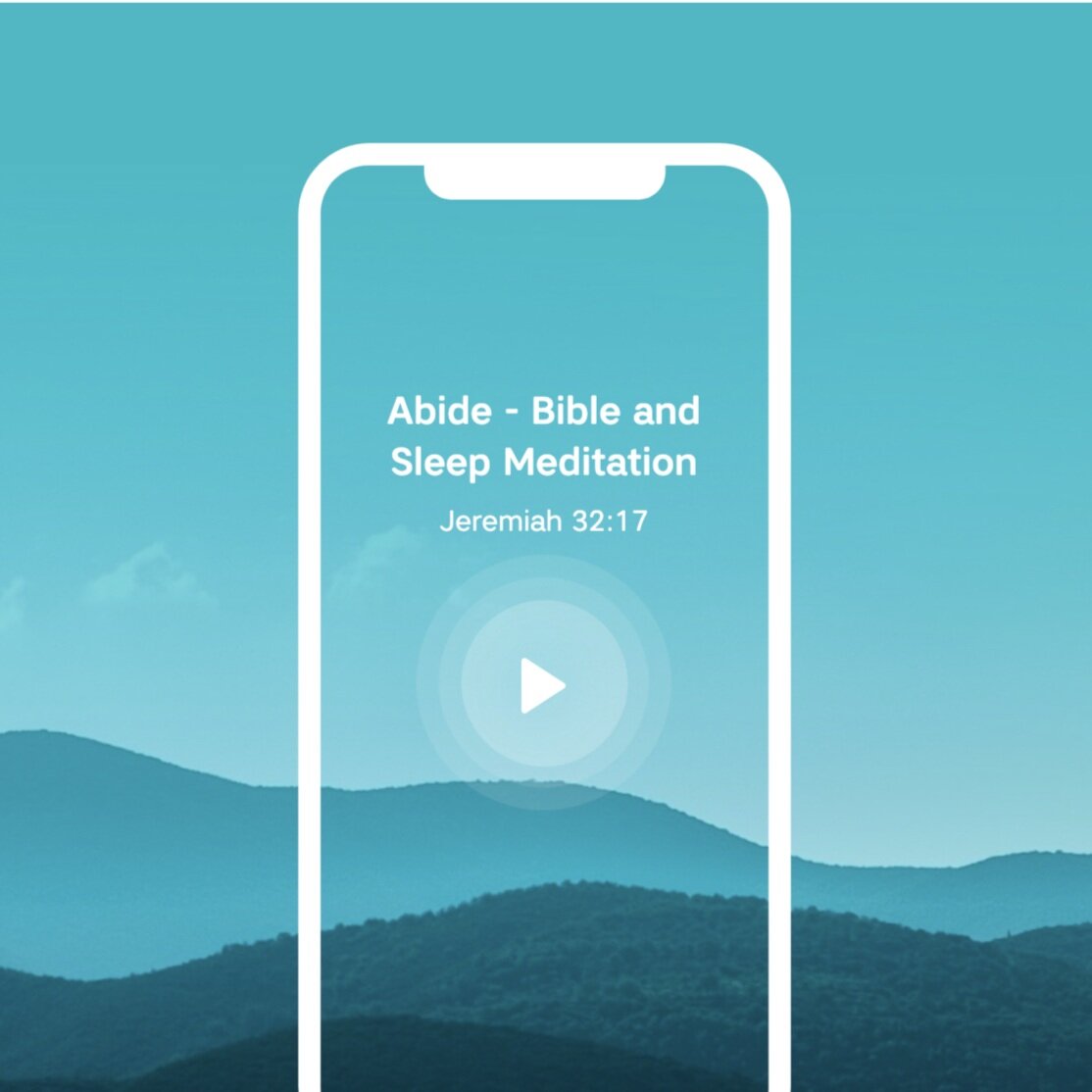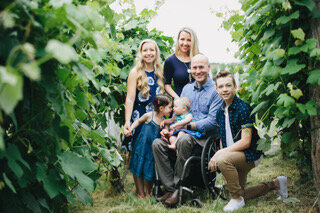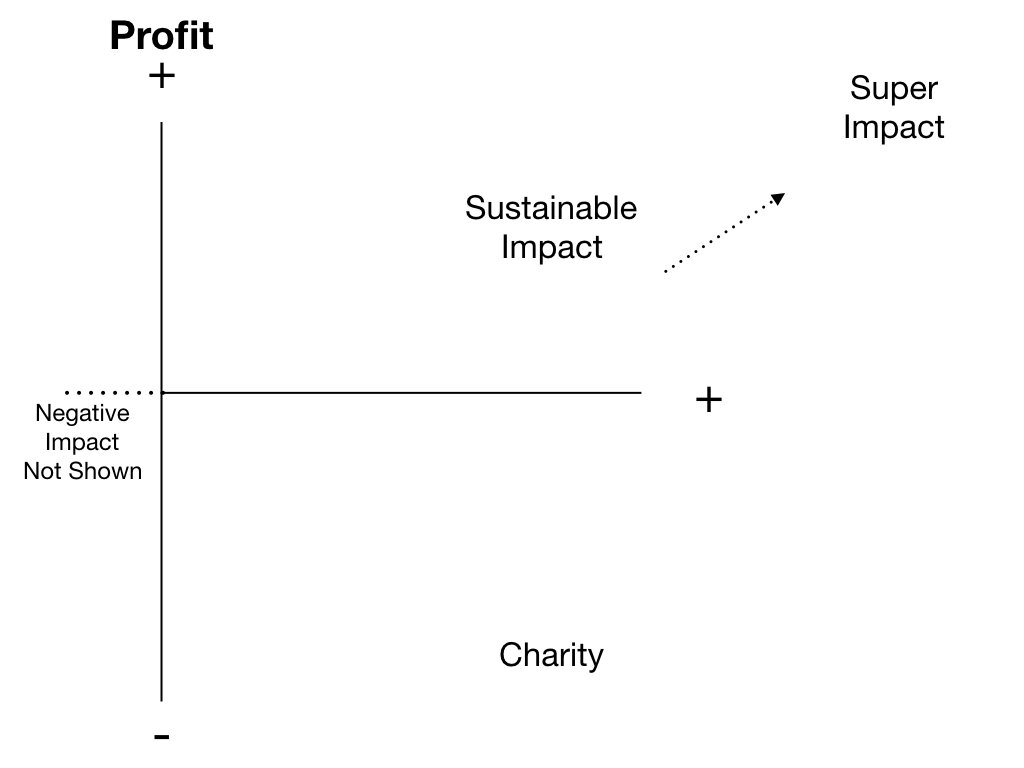
Hayden Harper Holdings strives for workplace leadership that honors God
How do we impact our own teams, in our most immediate sphere of influence as faith-driven and mission-focused leaders? Over the past 20 years at Hayden Harper, Mike has learned to seek God’s direction for fostering a workplace that reflects Him, and ask each person in the office to hold the company accountable to its founding mission.


Building Bridges of Opportunity
“We decided that day that we were going to take back everything the earthquake had stolen,” Julie says. They built a job-training center out of a tarp and plywood they’d found in the streets. They began cutting up rubber with razor blades. They went to work, every day, and others joined them. After 10 months, they’d created a prototype.
Ten years later, it’s a real company.

When We Work We Eat
The U.N. is predicting that because of COVID-19 and the global lockdown, there could be 265 million people starving by the end of the year. This news is truly devastating, overwhelming. It is another crushing blow to an already distressing 2020.
AND YET, it should not surprise us. A world on "lockdown" can't work. If we don't work, we don't eat.

Think Native: Leveraging Technology for Human Flourishing
Imagine you just received a life-changing medical diagnosis. You stumble out of the doctor’s office thinking, “What do I do? How will I get through this?” Then imagine immediately finding yourself connected with someone who walked through the exact same journey. That’s just one kind of powerful connection the peer support platform Think Native facilitates daily.

LivFul: Justice Through Health Innovation
“When will I feel safe? When will things go back to normal? When the curve flattens? When a vaccine is created?”
As the world continues to reel in response to the COVID-19 pandemic and economic fallout, those in the developed world are particularly shaken by this microbial threat and all the uncertainty surrounding it. But in many parts of the globe, particularly Sub-Saharan Africa and South-East Asia, these kinds of dangers are normal parts of daily life.

Abide: Sharing God’s Comfort During COVID
A pandemic, racial injustice, economic uncertainty, prolonged isolation — it does not take long to come up with a list of factors contributing to the current increase in mental health crises across the United States. Jokes about “quarantinis” lose their humor as studies continue to point to an increase in substance abuse, domestic violence, depression and hopelessness in the wake of the COVID-19 outbreak and the events sparked by the death of George Floyd.

Looking for Redemptive Movies to Stream?
We all find ourselves in need of hope. As you search for something uplifting to stream, here are a few suggestions from Impact Foundation portfolio companies.


To Build Rural Economies, Offer Farmers Choice
By - One Acre Fund, oneacrefund.org
At the 2018 African Green Revolution Forum (AGRF), Rwandan President Paul Kagame said, “We have everything we need to succeed. We must start treating farmers as clients. They need the latest skills and services to increase their productivity.” At One Acre Fund, we agree. Treating farmers as clients ultimately will build our rural economies and support our the region’s farmers in becoming sustainable entrepreneurs.
So what does it meant to treat farmers as clients, rather than beneficiaries?

Heartache Spawns A New Venture Capital Company
On a Wednesday evening in the spring of 2004, Erik was driving from his work as a fundraiser at the University of Portland to Athey Creek Middle School in West Linn, Oregon, the location his churched used as a meeting place for its Sunday services and Wednesday night Bible study. On this particular afternoon when it seemed like everyone was either out mowing their lawns or running in the warm sunshine, the desire to run hit Erik deep in his core. The only problem was that Erik hadn’t run – he hadn’t walked or even stood up on his own – in nine years. Erik had been paralyzed in an ATV accident on his family farm in 1995 when he was just 16 years old.

WeWork Got One Thing Right: Reimagining Work
In a previous blog, we wrote about two key failings of the fizzled WeWork IPO. In this article, we discuss what the company got right—attempting to rewrite the rules for work to better fit the needs and expectations of modern workers. Even with the right goal, however, WeWork ultimately fails to reach it. The only way to truly align work with human flourishing is to understand and apply a biblical framework.

Where WeWork Went Wrong and What We Can Learn From It
One of the most anticipated IPO’s of 2019 hit enormous roadblocks and it serves as a powerful case study for us. In private fundraising rounds, Adam Nuemann, WeWork’s CEO, enjoyed incredible favor with investors. That favor finally ran out as skeptical Wall Street investors found flaws in the company’s governance, valuation, business model, and expense structure. This pushback from investors caused WeWork’s parent company to withdraw its planned IPO.
Here’s what WeWork did NOT have, but you should if you hope to raise money from impact investors.

Impacting Lives through Agriculture: AgGrandize Global
Approximately 500 million smallholder farmers in the developing world operate farms under 13 acres. They play an outsized role in reaching the U.N. Sustainable development goal of zero hunger. It is estimated that these smallholder farms operate on 12% of the world's agricultural land and produce 80% of the food consumed in Asia and sub-Saharan Africa. And yet, these farmers often lack the training and access to resources to optimize their land. AgGrandize Global works to meet these needs through partnerships worldwide. The AGG team serves two distinct, but interdependent customers.

Rethinking Risk/Reward as a Steward Investor
“Was Jesus’ work as a carpenter as valuable as His work in public ministry preaching and healing?”
That seemed to stump people I asked, until one day, a friend of mine responded, “Don’t you realize that everything Jesus did was simply in direct obedience to the Father? So when Jesus was working as a carpenter he would have been out of the Father’s will if he had chosen to go into public ministry too early.”

The Power of Investment Gleaning
Would loaning money to this company at less than market-rate interest be a bad investment? Many well-meaning investors are split on questions like this. Some argue that profit maximization is always the goal. More profit, more impact, right? And often that’s the line that secular impact investing keeps feeding us. A major study by the Global Impact Investing Network suggests there’s no trade-off between profit and impact.
Does that need to be our definition of success too?

LLC, S Corporation, L3C, Benefit Corporation?
Every profession has its hazards. For mine, it’s lawyer jokes and requests for free legal advice. This blog contains neither, but it will provide a little education on the basic options when forming a company so you’ll sound smart when you call your own counsel.

Should I start a business or a non-profit?
Anytime someone says, “I’m thinking of starting a nonprofit,” my immediate thought is to make sure I can’t talk them out of it.
As Dan Palotta points out in his semi-famous Ted Talk titled “The Way We Think about Charity is Dead Wrong”, charities/nonprofits face tremendous headwinds toward scalability. Palotta examined the number of organizations surpassing $50M in revenue since 1970, and found only 144 charities reached that level while 46,136 for-profit companies did.

How much Impact and Financial Return is Possible?
Without clarity, we can’t know what to expect when entering into impact investments; lack of clear expectations will almost always lead to disappointment.
That’s why we've developed a framework that can help make sense of the interplay between impact and financial return.
We have seen hundreds of companies tackling a wide range of issues through business models as diverse as bus seat manufacturing, hydroelectric power, software development, and a cattle feed lot. Likewise, the potential return for investors is equally varied.

SAFE or Convertible Note?
Should I offer investors a SAFE or a convertible note? What’s the difference and is one always better than the other?
